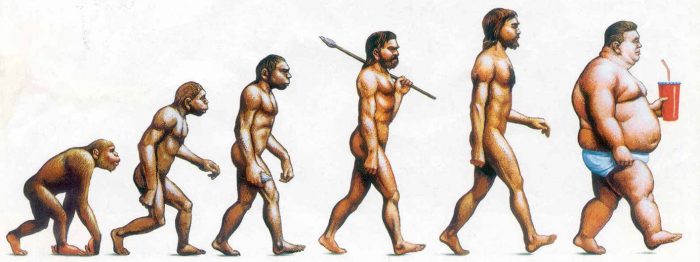Where does the human story begin? The earliest form of coherent writing, the cuneiform script of the Sumerians of southern Mesopotamia (modern-day southern Iraq) dates back to around the 30th century BC. This marked a turning point in civilisation, for it is through writing that our experiences and ideas may live on eternally. Their ancient texts speak of great warriors and kings and glorious shrines to honour the gods. The first story was written around the 21st century BC, the Epic of Gilgamesh.

Example of Sumerian cuneiform script
Stories play an integral role in shaping our character and our worldview. The latest installment of the Star Wars saga, The Last Jedi, has taken over $450m at the box office since opening last Friday. Why is it that we get so invested in the motivations and concerns of imaginary individuals and bawl our eyes out when our favourite character suffers? It is because we see ourselves in our heroes (or regrettably, in the villains). By learning their stories we touch a deeper part of ourselves that we’ve never reached before.
Nevertheless, to truly understand our roots, is it enough to only consider the history of homo sapiens? A TV series that shaped my worldview in the most profound sense was Cosmos. Consider the opening remarks of the late great Carl Sagan in episode 9:
“If you wish to make an apple pie from scratch, you must first invent the universe.”
― Carl Sagan, Cosmos
Consider for a moment the profundity of his observation. What I take it to mean is that it’s all well and good following a recipe from Mum’s old cookbook, however at some point you might question your motivation for baking the pie. Perhaps you’re hosting friends or relatives; maybe you’re treating yourself after a tiring week at the office. Regardless, before even starting to bake you’ll have ascertained your reason to start out in the first place.
An equally valid question you might pose is, “where did the pie come from?” Then you’ll remember grabbing your ingredients from Tesco, making a point to choose the juiciest, ripest-looking apples on display. You noticed the apples were grown by a bloke named Hernandez from Spain. How did apples start growing in Spain? A fundamentalist Christian might tell you that after God kicked Adam and Eve out the garden for eating all His apples they took refuge in Spain, hence apples grow in Spain. Alternatively, Google might tell you that the first apples grew from trees in southern Kazakhstan (no, not Borat’s apples). But where did those trees come from?
You’ll soon discover the first ever tree, to our knowledge, was the archaeopteris, a fern-like plant dating back to prehistoric times. Then you’ll learn the very first plants evolved in the great oceans, evolved from single-celled autotrophs (self-sustaining, autonomous organisms): prokaryotes.
How did life evolve? That’s something over which even the great biologists of our time can do little more than speculate. Assuming life just happens to evolve, how did our planet form? Where did our star, the Sun come from? How did our galaxy form? Where did it all begin?
That’s a question for another time.
The point I’m trying to make is that my life is about a lot more than just me.
Consider this, from the season finale of Sagan’s Cosmos: A Personal Voyage :
It’s daunting, right? Sagan testifies to our insignificance in all of it: we are puny, and it is hubris to argue otherwise. I’d agree with him. I’m forced to eat humble pie – apple pie, rather, and accept that life doesn’t revolve around me.
Bon appetit,
Beni
References:
Featured image: The Shape of Things to Come. The Economist; Dec 11, 2003
Image of cuneiform script: https://www.britannica.com/topic/cuneiform

Webmentions
[…] my last post, Origins, I concluded by arguing that humanity is a mere speck in the vastness of the cosmos. Compared to […]